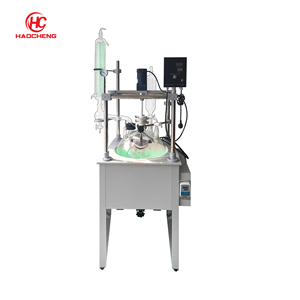Introduction to Manual Chemistry
The field of manual chemistry serves as a cornerstone for those who delve into the practical applications of chemical principles without the reliance on automated systems. It encompasses a broad range of practices and skills required to conduct experiments and synthesize compounds through hands-on techniques. This hands-on approach not only enhances understanding but fosters a deeper connection with the chemical processes at play, making it an essential part of education and research in chemistry.
Types of Manual Chemistry Techniques
- Classical Methods:
- Gravimetric Analysis
- Titration Techniques
- Chromatography
- Laboratory Procedures:
- Synthesis of Chemical Compounds
- Purification Processes
- Quantitative and Qualitative Analyses
- Field Techniques:
- Sample Collection and Preservation
- Environmental Testing
- Field Titrations
Function and Features of Manual Chemistry
Engaging in manual chemistry offers several functions and key features that distinguish it from automated methods:
- Enhanced Learning: The hands-on experience solidifies theoretical knowledge and sharpens problem-solving skills.
- Precision Control: Manual methods allow for greater control over experimental variables and the ability to troubleshoot effectively.
- Flexibility: Scientists can adapt procedures based on immediate results, which is often not possible with automated systems.
- Cost-Effectiveness: Reducing the need for expensive automated machinery can lower research costs significantly.
- Skill Development: Practicing manual techniques cultivates valuable lab skills that are essential for any budding scientist.
Applications of Manual Chemistry
The versatility of manual chemistry finds its applications in various sectors:
- Educational Institutions: Schools and universities utilize manual chemistry labs for teaching foundational principles to students.
- Research Laboratories: Manual techniques remain pivotal in research for both developing new methods and refining existing ones.
- Pharmaceuticals: The pharmaceutical industry applies manual chemistry for drug formulation and quality control.
- Environmental Studies: Environmental chemists conduct field tests and sample analyses manually to assess pollution levels.
- Food and Beverage: Manual chemistry is utilized in testing the quality and safety of food products.












































